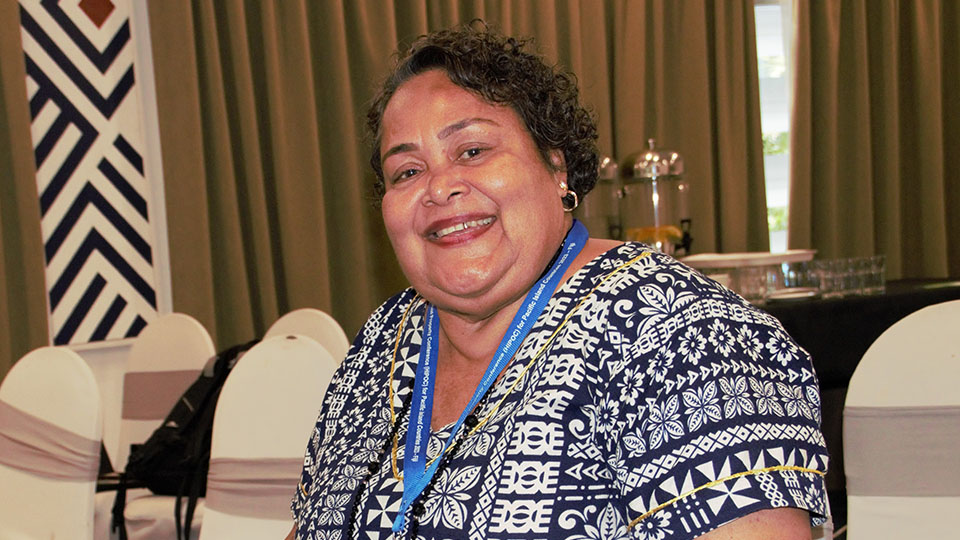Founded in 1960, the SEGA CORPORATION (SEGA) started its entertainment empire with coin-operated amusement machines, including jukeboxes and arcade games. Now, it is one of the main actors in the gaming industry with a vast intellectual property (IP) portfolio and millions of consumers worldwide. For SEGA, it is vitally important to protect its brand in each of its target markets. The WIPO Madrid System, an international trademark system, allows SEGA to apply for the registration of its trademarks in multiple countries with a single application.

Due to a strong demand in the market, SEGA entered the electronic gaming industry with the introduction of in-house developed arcade games. Their success established the company as an important player in the entertainment industry not only in Japan, but worldwide.
During the 1970s, the company increasingly invested its resources in the development of arcade games and related technologies, but its decisive debut into the consumer gaming would only occur in the 1980s with the development of their own video game consoles, the SG-1000 and the famous Master System.
While this latter console had a crucial role in further expanding the company’s access into Western markets, including Europe and North America, its successor Mega Drive (SEGA Genesis in the North American market) established SEGA as the console market leader in the mid-1990s, even outranking other powerful companies such as Nintendo Co., Ltd. (Nintendo).
Strong in both the arcade and console markets, SEGA was a lead contender in the so-called “console wars” of the 1990s, during which gaming companies focused on the development of mascots for their console-based games. This period gave birth to one of SEGA’s most iconic characters, "Sonic the Hedgehog" and his famous catchphrase, “Gotta go fast!”

Nowadays, SEGA has a consolidated portfolio with many ongoing franchises, such as Total War, Yakuza/Like a Dragon and fan-favorite Sonic the Hedgehog. Consumer demand has also led to the relaunch of the prized Mega Drive console - renamed Mega Drive Mini (SEGA Genesis Mini in the North American market) - in October 2019, over 30 years after its initial launch. This revival of the console allowed new players and old fans to once again play through classics such as Story of Thor, Mega Man, Alex Kidd in the Enchanted Castle, Altered Beast, and Sonic the Hedgehog.
Exporting an idea: Entering foreign markets with IP-related content
SEGA is undoubtedly one of the major entertainment companies in Japan. Worldwide, the company competes with other heavyweight companies such as Nintendo, Microsoft and Sony in the console gaming field, as well as many other companies when considering the electronic gaming community in general.
In this context, having adequate means to project the company’s goodwill and overall investment at home and abroad is paramount to the company’s success. One important element for the globalization of its target markets is having a solid IP portfolio. The second important element to achieving success at an international level is knowing how to properly protect this IP portfolio in different countries.
IP protection usually requires some sort of registration that varies depending on the object of protection, such as a brand, design, or invention, as well as the territories of the desired registration. Therefore, expanding a company worldwide inevitably relates to acquiring protection for its IP assets in each country where an intended or potential market is located.
Under the WIPO Madrid System, the registration of trademarks in multiple countries becomes considerably more accessible due to its convenient procedure wherein a single application is filed with the national office, after which it is submitted to WIPO for certification as an international application. The international registration is submitted directly to the IP offices of the countries of interest, potentially providing a faster and cheaper registration when compared to filing with multiple countries directly.

SEGA and the WIPO Madrid System in practice
SEGA is experiencing rapid growth in the release of console games, as well as the release of digital games available for play on PCs and mobile devices. Obtaining IP is essential to cost-conscious companies, which is why SEGA considers the use of the WIPO Madrid System a best practice.
The IP portfolio of SEGA contains multiple trademarks registered using the WIPO Madrid System. Sonic the Hedgehog and Total War are great examples of how SEGA is able to register its company’s distinctive signs in its international markets.
Sonic the Hedgehog (WIPO International Registration No. 930370, 1059285)
“Sonic the Hedgehog” was introduced as the main character in the 1991 console game release of Sonic the Hedgehog. To this day, Sonic the Hedgehog is a beloved character throughout the world, considered by fans to be “cool” and “exhilarating”, due to his ability to run at high speeds. As a character, Sonic the Hedgehog, became a worldwide phenomenon from the first time he blasted across our television screens.
Due to the popularity of Sonic the Hedgehog from the outset, the character soon appeared in a variety of digital games for play on the PC, as well as in downloadable content for play on mobile devices. Furthermore, the character has come to exist in a range of spin-off products, animated series and even movies, making widely obtained protection for all related trademarks even more important.

Total War (WIPO International Registration No. 903906)
Another popular video game franchise is Total War. Total War is a series of PC games, released under the first title of the series, Shogun: Total War in 2000 by the Creative Assembly Limited, a subsidiary of SEGA. The game, which combines turn-based strategy with real-time tactical battle control, was not only a commercial hit for the company, it was also a critical success for the strategy games genre. The series relies on historical accuracy and high-quality graphics, making it a popular franchise with over 25 million copies sold worldwide.
Building on the success of Shogun: Total War and subsequent titles, the company’s most recent release was Total War: Three Kingdoms, its thirteenth title in the series with an additional two titles in development. Since its initial release in 2000, the series has developed a devoted fan base across the globe, and download sales of Total War: Three Kingdoms (WIPO International Registration No. 1244292) exceeded one million in the first week of its release.

A strategic comeback built on a strong IP portfolio
An entertainment company that secures competitive IP can realize stable profits, so effective use of IP can lead to the expansion of its value in various ways. It is therefore important to obtain wide-reaching protection in the countries where a company operates. For SEGA, IP is a source of value creation, and as such, strategic investment in its IP portfolio has allowed SEGA over the years to become a brand consumers can trust to provide quality gaming experiences. With users around the world, the WIPO Madrid System supports SEGA as it continuously strives to develop superior content with global entertainment value.



